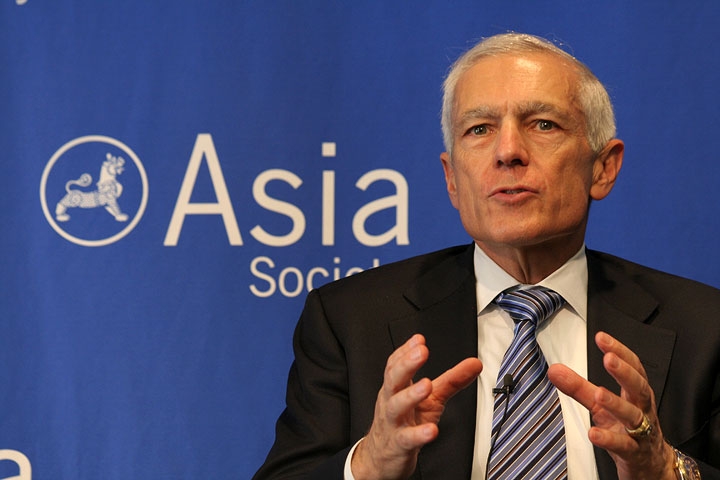Wesley Clark on Engaging with Burma
Asia Society Task Force Report Launch

NEW YORK, April 7, 2010 - US Army General (ret.) Wesley Clark highlighted the dilemma that America faces as it attempts to engage Burma after years of an isolation-based policy.
"We'd like to do more, but we can’t because it is really up to the leaders of Burma to make the kinds of steps that make broader interaction with the rest of the world, and particularly with the United States, possible," he said.
Speaking to a large audience at Asia Society headquarters in New York, Clark presented the recommendations put forth in the Asia Society Task Force report Current Realities and Future Possibilities in Burma: Options for U.S. Policy. The report commends President Obama's new policy of "pragmatic engagement" and offers a detailed strategy that positions the United States to respond effectively and flexibly to the twists and turns that a potential transition in Burma may take. In conjunction with this Task Force report, Asia Society also coordinated a wide-ranging review of Asian policy toward Burma, incorporating perspectives from leading experts in Australia, China, India, Indonesia, Japan, Malaysia, Philippines, Singapore, and Thailand.
General Clark, who served as co-chair of the Task Force, was joined by Task Force Senior Advisor Priscilla Clapp, who provided a nuanced view of political and social developments within Burma in advance of the 2010 elections. She observed that the new government will become "quasi-parliamentary" and, though it will be riddled with ex-military officials, the new constitution requires the participation of civilians and representatives of different nationalities. "It's what happens after the first five years that will tell whether this is a real transition or not," she cautioned.
Director of Policy Studies at Asia Society and Task Force Project Director Suzanne DiMaggio moderated a discussion that touched on a variety of topics, including the necessity of engaging regional actors in the future U.S. policy toward Burma. General Clark concluded that the United States on its own can have only a limited impact on the course of political developments in Burma. "The United States would be best advised to make collaboration with other concerned governments and international institutions the centerpiece of its policy toward Burma over the long term," he said.
Reported by Timothy Orr
